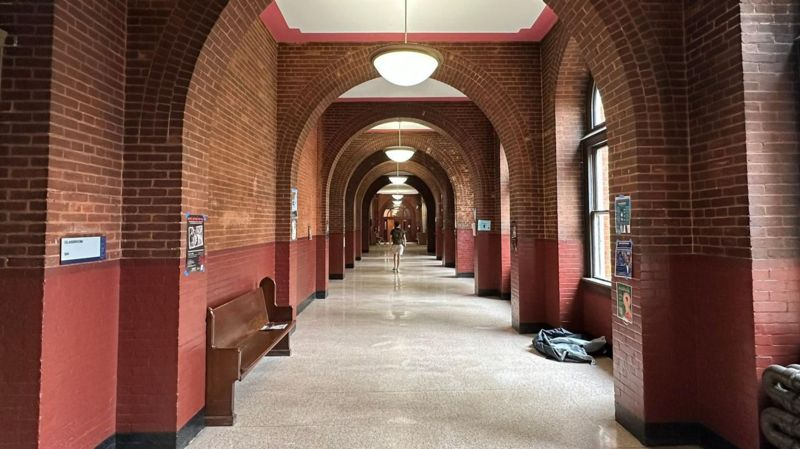
Foreign students across US colleges are experiencing growing anxiety as plainclothes agents have been seen detaining students in unmarked cars, with videos of these incidents circulating on social media. Those taken into custody during these high-profile detentions have not faced criminal charges but appear targeted for involvement in pro-Palestinian campus protests.
The Trump administration has repeatedly stated that visas are a “privilege” that can be revoked for various reasons. However, the scale of the crackdown appears larger than initially believed, with over 1,000 international students or recent graduates across US colleges having had their visas revoked or legal statuses changed, according to a tracker from Inside Higher Ed.
Many affected students don’t know why their status changed, and universities often only discover these changes when checking government databases that track international students’ visa status. This combination of targeted detentions and widespread visa revocations has created tension on campuses nationwide.
“I could be next,” said one student visa holder at Georgetown University who has written articles about Israel and the Gaza war. He now carries a card listing his constitutional rights in case he’s stopped by law enforcement.
A student in Texas reported being afraid to leave his apartment, even for groceries. Some university departments suffer as researchers abroad refuse to return to the US. Most students interviewed requested anonymity, fearing media exposure could make them targets.
Visa cancellation reasons vary. Some cases involve criminal records, while others reportedly include minor infractions like speeding tickets. However, Secretary of State Marco Rubio has acknowledged that “a lot” of those targeted have participated in pro-Palestinian protests.
This approach aligns with a broader White House effort to address protests that officials claim created an unsafe environment for Jewish students on many campuses. Officials also allege demonstrators have expressed support for Hamas, which the US designates as a terrorist group.
“Every time I find one of these lunatics, I take away their visas,” Rubio told reporters in late March. “We do it every day.”
Civil liberties groups have protested these detentions and deportation efforts as constitutional rights violations. The students reject associations with Hamas, claiming they’re targeted for political speech about Gaza and US support for Israel.
At Georgetown, signs reading “protect our students” appear on bathroom stall doors, casting a somber tone over the campus’s spring atmosphere. Badar Khan Suri, a postdoctoral fellow from the university, was seized by federal agents outside his Virginia home in March. The Department of Homeland Security accused the conflict resolution researcher of “promoting antisemitism on social media” and having links to a “known or suspected terrorist”—referencing his Palestinian father-in-law, a former adviser to the killed Hamas leader Ismail Haniyeh.
Suri’s lawyers maintain he has met his father-in-law only a few times and is being targeted due to his wife’s identity.
His detention followed Columbia University student protest organizer Mahmoud Khalil’s arrest. Khalil, a permanent resident arrested in New York, now awaits deportation from Louisiana. Tufts University graduate student Rumeysa Ozturk, who co-authored a campus newspaper opinion piece about Gaza before being detained in Massachusetts, is also held in Louisiana.
Mohsen Mahdawi, another Columbia student protester, was detained in Vermont while attending a US citizenship interview. Like Khalil, he holds a green card rather than a student visa.
“Based on the detentions we’re seeing, I think there’s a possibility anyone who has been outspoken about Palestine can be detained,” said the Georgetown student who knew Suri.
The White House maintains it’s targeting those involved in activities that “run counter” to US national interests. In Khalil’s case, officials cited a 1952 law empowering the government to deport someone whose presence could have unfavorable consequences for US foreign policy.
The Columbia Jewish Alumni Association celebrated Khalil’s arrest on X, calling him the “ringleader of chaos” at the university.
Polling indicates immigration is an area where President Trump enjoys relatively high approval ratings, with recent Reuters and AP-NORC surveys showing about half of US adults approve of his actions in this area, higher than his overall rating.
Universities themselves are also facing pressure. This week, the White House’s antisemitism task force froze over $2 billion in funding for Harvard University after it refused demands that the university called “surrendering its independence.” Trump officials have threatened to stop granting visas to international students wanting to study at Harvard if the university doesn’t comply with information requests about certain visa holders.
Georgetown professor Nader Hashemi believes the government’s primary goal is “silencing dissent” by intimidating potential protesters.
The Georgetown student has asked his parents not to travel from India for his master’s graduation in a few weeks and remains uncertain about attending himself. Besides checking daily for visa revocation emails, he has prepared for possible sudden arrest: “I have cleared my chats across messaging apps, and I have learned how to quickly lock my phone in SOS mode.”
Georgetown professors have offered spare rooms to students concerned about immigration agents visiting their residences, according to Professor Hashemi. “This is part of the trauma that I think students are facing,” he said.
At Tufts University near Boston, students await news about Rumeysa Ozturk, who was detained outside her home. Video shows her confused and trembling as agents intercepted her en route to a Ramadan dinner. Last year, she co-authored an op-ed supporting the boycott, divestment, and sanctions movement against Israel.
Tufts PhD student Anteri Mejr told the BBC these actions have had a “chilling effect,” with international students who left the country now afraid to return. “Students are working remotely because they’re afraid they can’t get back in the country,” he said.
At the University of Texas, rumors about Immigration and Customs Enforcement raids have terrified some students.
“I’m scared to be out. I’m scared to come to school. I’m scared to go grocery shopping,” one master’s student said. “I’m afraid that if I’m walking, I will be approached by agents in incognito clothes and plain disguise.”
Despite being a green card holder uninvolved in campus protests, he experiences “crippling anxiety” after writing criticism of the president. “How far does this administration dig through an immigrant’s history?” he wondered. “What if I did say something and I’m not aware?”




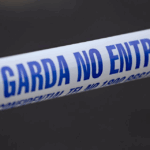


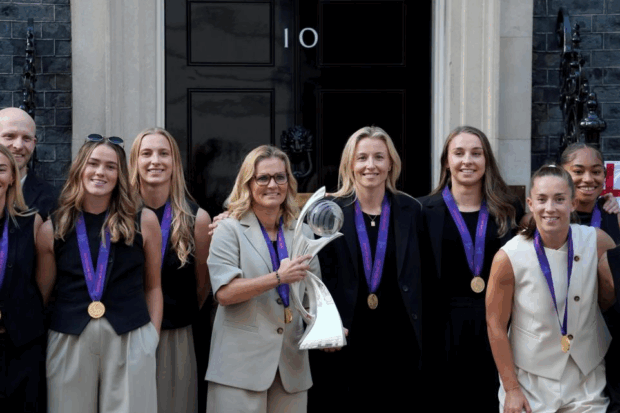


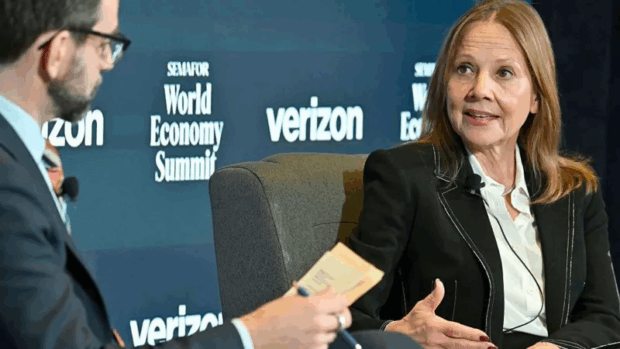
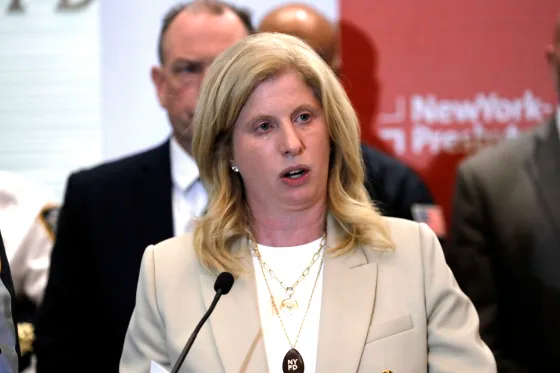





Be the first to leave a comment